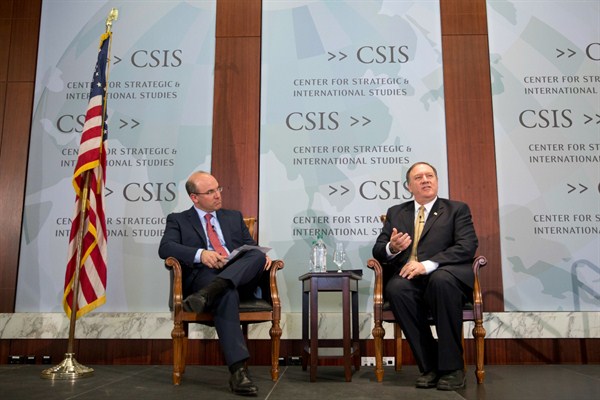Based on public polling, voter trends and the continued appeal of populist outsiders from Washington to Warsaw, it’s abundantly clear that there’s an erosion of competence and confidence in governments. It’s a global phenomenon, and U.S. President Donald Trump is a symptom, not the cause, of the slow, steady decline in the capacity of formal public institutions to make wise policies and implement them.
In this age of uncertainty, however, civil society organizations have proven more able and willing to fill some of the gaps. While it is true that they lack the legitimacy of elected officials, and cannot actually make policy or represent citizens and their demands legally, these organizations have become more important players in articulating policy needs, partnering with governments to execute many programs, and, recently, trying to offer some models of cooperative behavior across the cavernous political divide.
Much has been said about the vital role of journalism in this moment when the political culture of the United States is so poisoned that there is not even consensus about basic facts. The public is subjected to weekly dramas where Republicans and Democrats scream at each other and no common ground can be reached because there is no collective sense of reality. Journalists have worked tirelessly to stay true to their core principles of truth-telling, and tales of heroic journalism in popular culture, such as two Academy Award-nominated films, “Spotlight” and “The Post,” make clear that the public appreciates the role journalists are playing in sustaining democratic values and culture.

